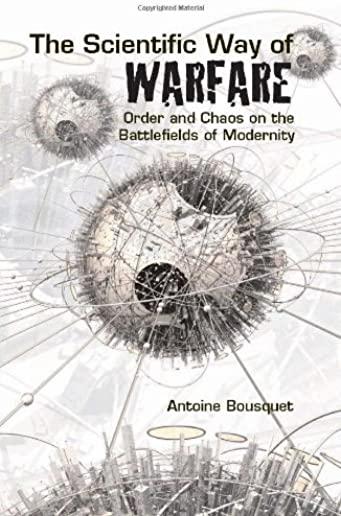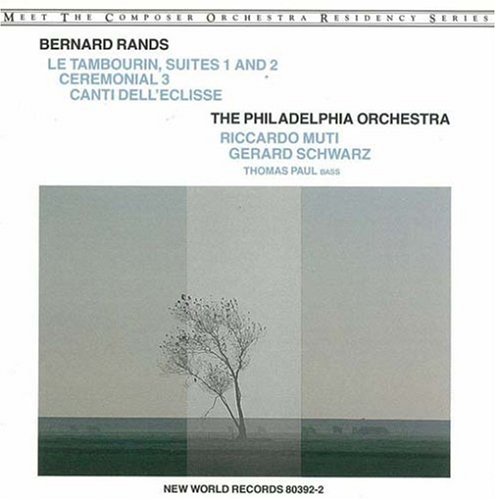
Bousquet, Antoine J.
product information
description
0Bousquet's book considers the impact of key technologies and scientific ideas on the practice of warfare and the handling of the perennial tension between order and chaos on the battlefield. It spans the entire modern era, from the Scientific Revolution to the present, eschewing traditional
accounts of technological change in war and instead exploring modern warfare as the constitution of increasingly complex social assemblages of bodies and machines whose integration has been made possible through the deployment of scientific methodology. Scientific conceptual frameworks have been
increasingly applied to the theoretical understanding of war, particularly when they have been associated with influential technologies such as the clock, the engine, or the computer.Conversely, many scientific developments have been stimulated or conditioned by the experience of war, especially
since the Second World War and the unprecedented technological and industrial effort that characterised it. The constitution and perpetuation of this scientific way of warfare, marked by an increasingly tight symbiosis between technology, science, and war, are best understood in the context of the
state's attempts to make war into a rational instrument of policy. Bousquet also explores the relative benefits (such as providing a unique chain of command over the decision to use nuclear weapons) and disadvantages of centralising and decentralising approaches to military affairs, as exemplified
in network-centric theory and in the activities of non-state actors such as insurgents.
accounts of technological change in war and instead exploring modern warfare as the constitution of increasingly complex social assemblages of bodies and machines whose integration has been made possible through the deployment of scientific methodology. Scientific conceptual frameworks have been
increasingly applied to the theoretical understanding of war, particularly when they have been associated with influential technologies such as the clock, the engine, or the computer.Conversely, many scientific developments have been stimulated or conditioned by the experience of war, especially
since the Second World War and the unprecedented technological and industrial effort that characterised it. The constitution and perpetuation of this scientific way of warfare, marked by an increasingly tight symbiosis between technology, science, and war, are best understood in the context of the
state's attempts to make war into a rational instrument of policy. Bousquet also explores the relative benefits (such as providing a unique chain of command over the decision to use nuclear weapons) and disadvantages of centralising and decentralising approaches to military affairs, as exemplified
in network-centric theory and in the activities of non-state actors such as insurgents.
member goods
No member items were found under this heading.
listens & views

GABRIELE FONTANA SINGS SCHUBERT LIEDER
by SCHUBERT / FONTANA / FISCHER / SCHMIDL
COMPACT DISC$17.25
Return Policy
All sales are final
Shipping
No special shipping considerations available.
Shipping fees determined at checkout.






